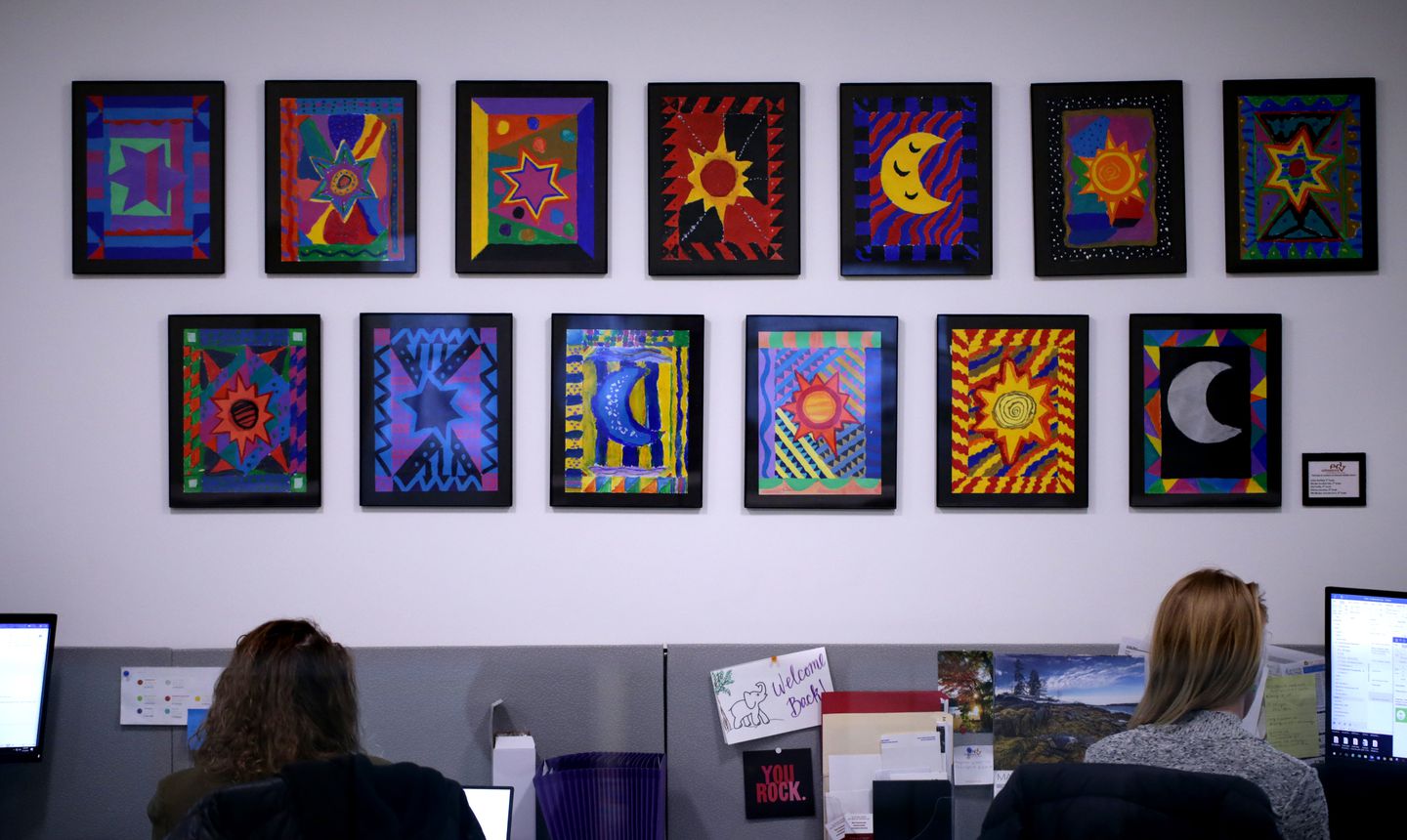Research & Insights / EdVestors Principles of Flexibility
EdVestors Principles of Flexibility

At EdVestors, we take pride in “a flexible work environment.” We include this descriptor in our job postings and team members regularly cited flexibility as something they value about our culture long before the COVID-19 pandemic began. The promise of flexibility has taken on additional dimensions as the team has navigated new ways of working and living for more than a year and a half.
As we prepared to return to the physical office this fall, piloting a hybrid approach with more choice and new kinds of flexibility, we recognized that flexible can look many ways and take many forms. What did we mean by flexibility? And what commitments did we need to make in order to meet individual and collective needs? At a time of immense uncertainty, clear guidance felt important to ensure that everyone knew what was expected and what to expect, but creating rigid rules about flexibility seemed a bit oxymoronic and inconsistent with our values and goals. Therefore, we developed Principles of Flexibility — a set of operating assumptions and commitments to guide our decisions and actions as individuals and as a team.
EdVestors Principles of Flexibility
In a flexible work environment, we:
Support full selves. We believe we do our best work when we are able to bring our full selves to work, which requires that our unique needs and preferences are understood and, whenever possible, met.
Understand that “life happens.” We recognize that sometimes things come up that we must attend to during work hours. When life happens, we afford staff the time to attend to life happening.
Consider the impact of our choices and actions on others. We recognize that decisions around schedules impact the work of colleagues and partners. We set in-office and at-home schedules thoughtfully, ensuring that individual choices do not hinder the work of others.
In order for flexibility to work, we must commit ourselves to:
Communication, communication, communication. Ongoing and clear communication with colleagues and partners is essential in a flexible work environment. For example, team members should regularly check in with relevant colleagues about: schedule and availability, expectations around timelines, and individual needs and preferences. Communication norms are especially important when a quick “hallway conversation” or office stop-by is not possible. Regular attention to email, Microsoft Teams, and other forms of virtual communication help to keep work moving forward.
Trust. Hybrid work requires trust. Building and maintaining trust requires deliberate attention and effort. This can happen through formal and informal check-ins, responsiveness to individual needs, and (per the first commitment) ongoing communication.
Mutual accountability. Flexible work environments demand a delicate balance between autonomy and accountability. Naming impacts while assuming positive intentions will help us maintain that balance. Across roles, team members should be clear about expectations and needs, and work with colleagues to identify and address issues as they arise.
Critical and creative thinking. The transitions to new ways of working present unique opportunities to rethink and reimagine. How can we take advantage of this opportunity by revisiting our assumptions and exploring alternatives? In a recent article, Rebecca Zucker suggests, “Start small by experimenting with new behaviors and see what works, what doesn’t, and how it feels.”
These principles provided an anchor for our return-to-office (RTO) plans. To help to make the principles more actionable, we also developed four questions to consider when making decisions related to flexibility.
1. Does this enable me to attend to my personal needs so that I can bring my full self to work?
2. Does this enable me to do my work better?
3. How might this negatively impact the ability of colleagues or partners to do their work?
4. With whom do I need to communicate about this?
EdVestors’ Principles of Flexibility do not provide clear solutions to all scenarios or clear answers to all questions. Instead, they recognize the complexity of this moment for individuals and organizations, and provide shared approaches and language to thoughtfully engage with our new working environment.




